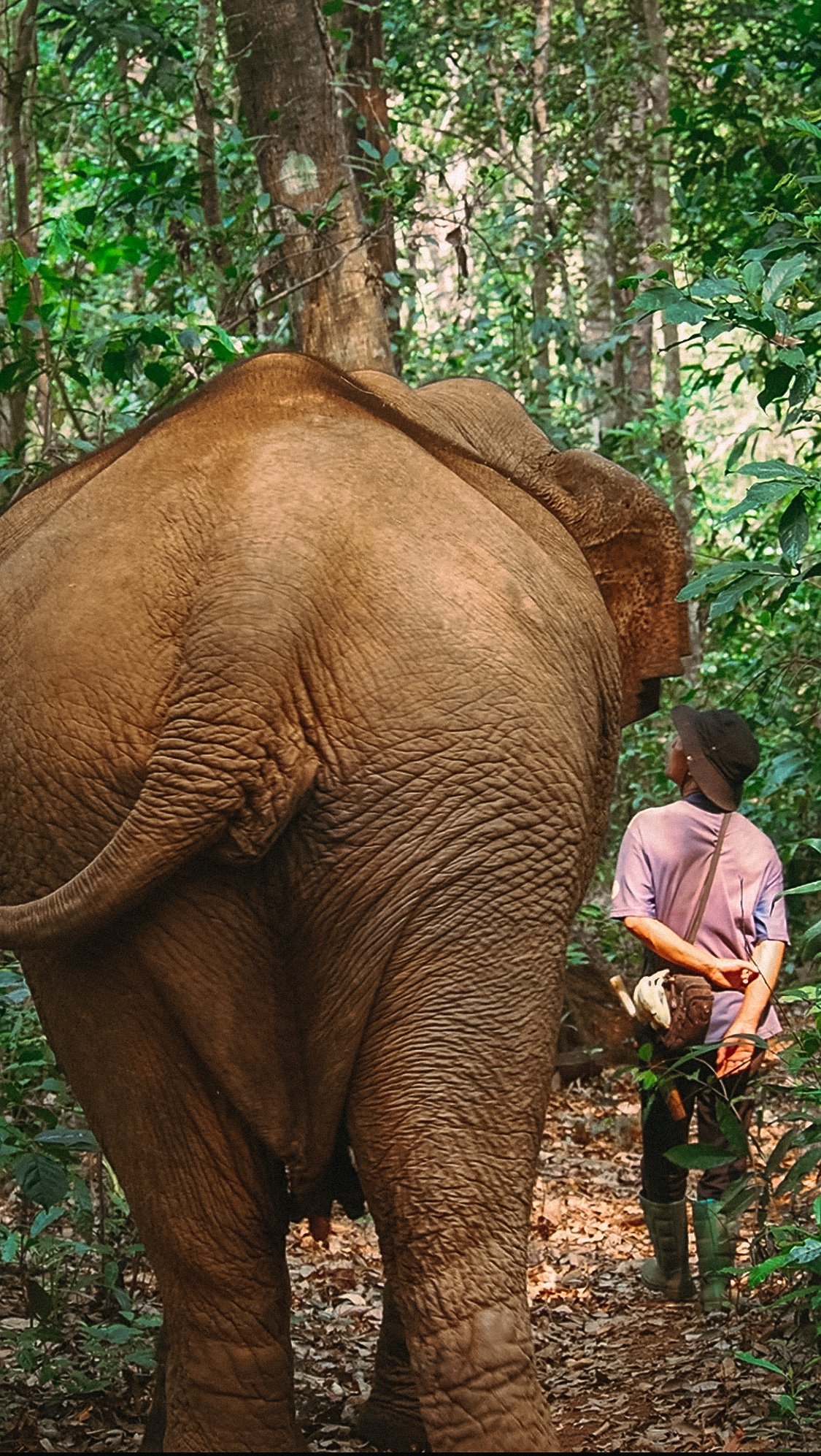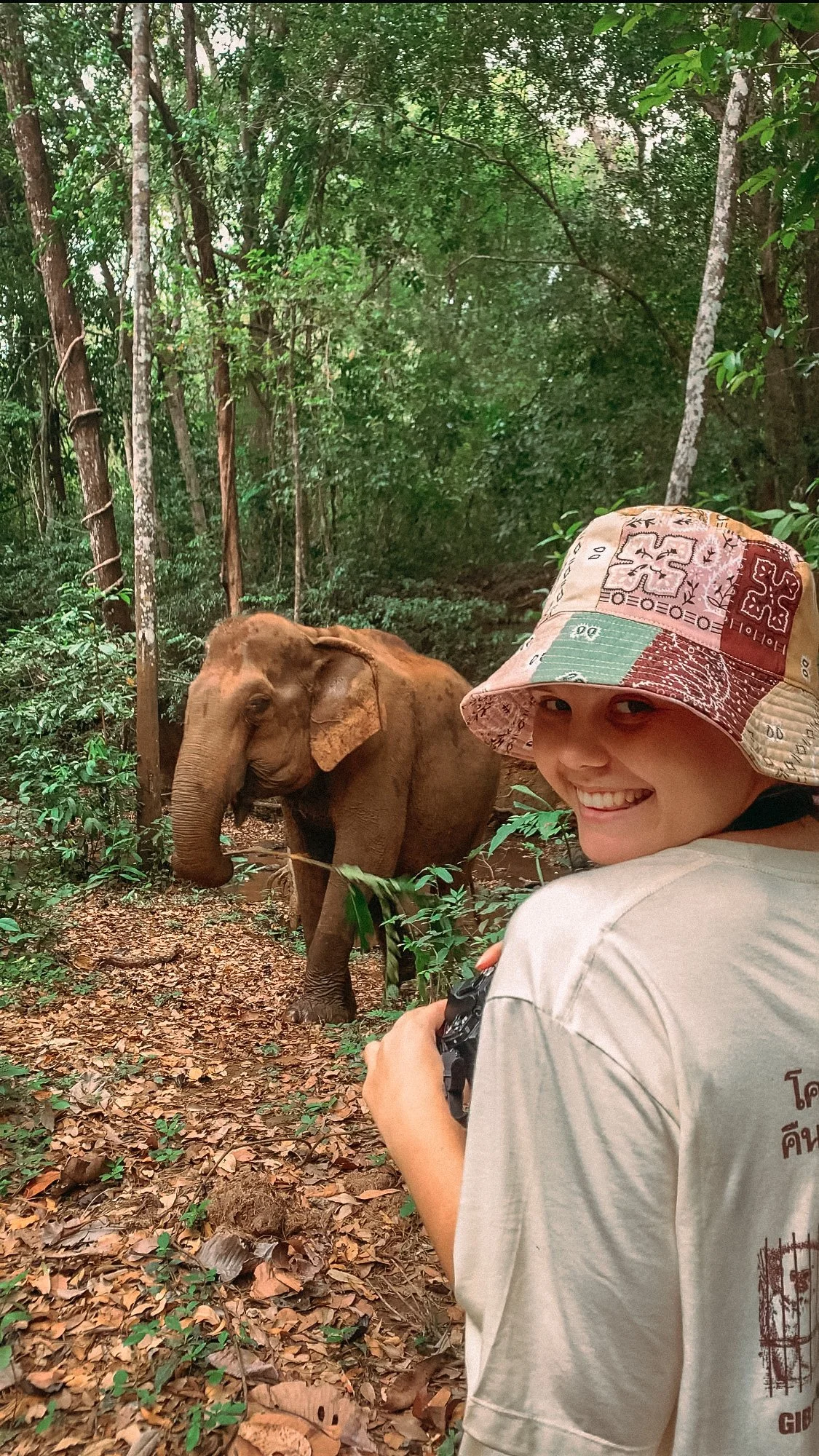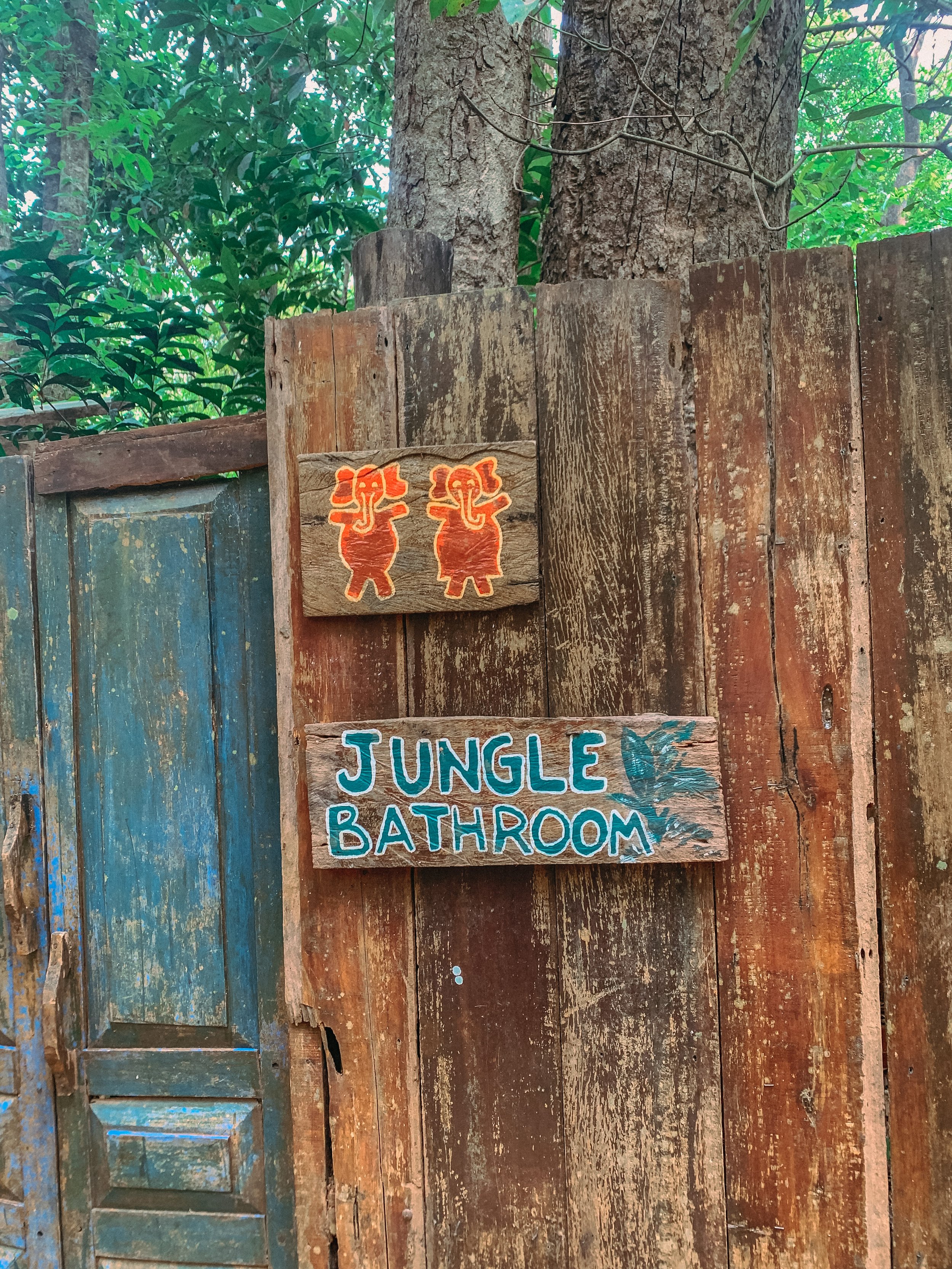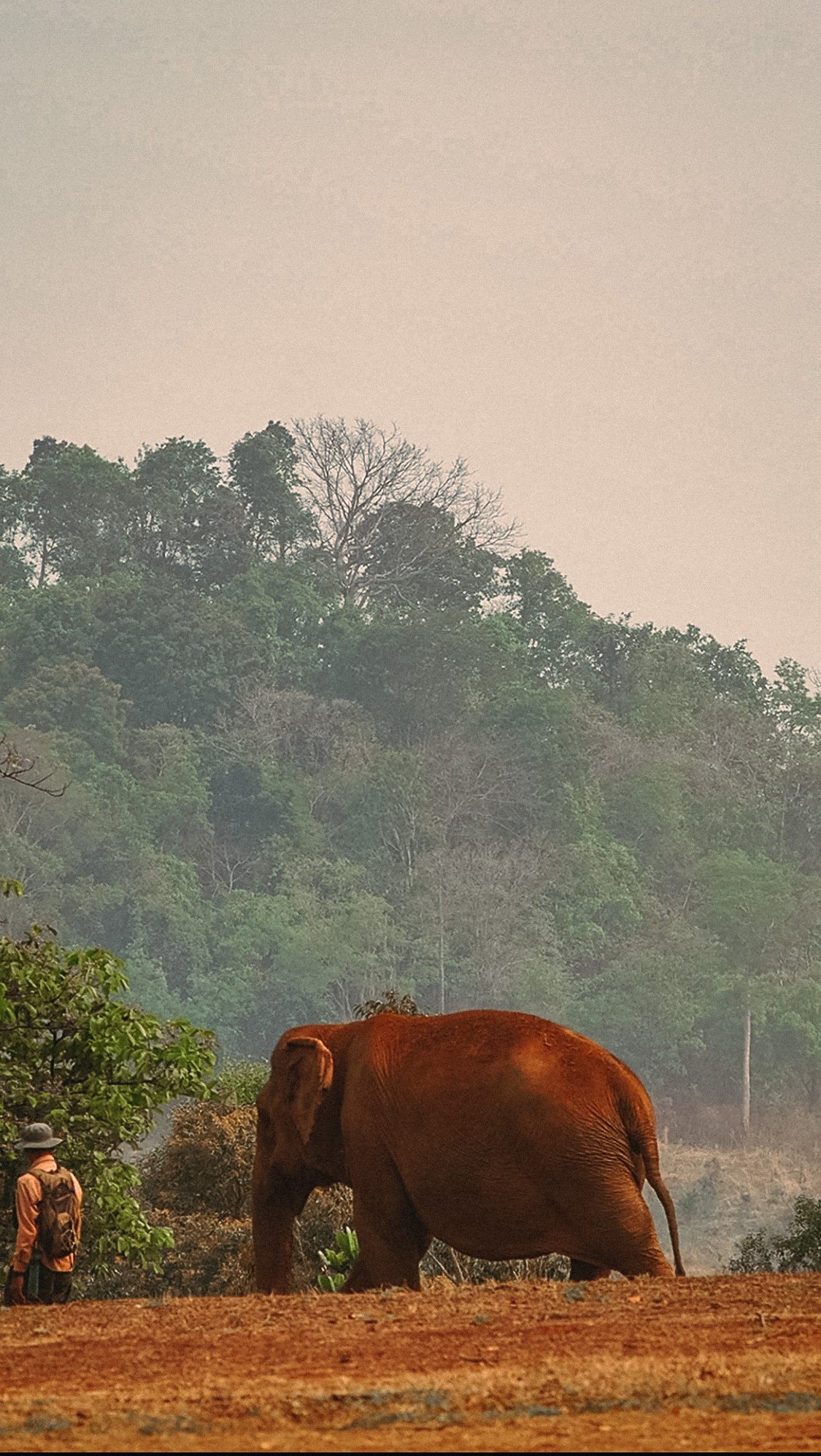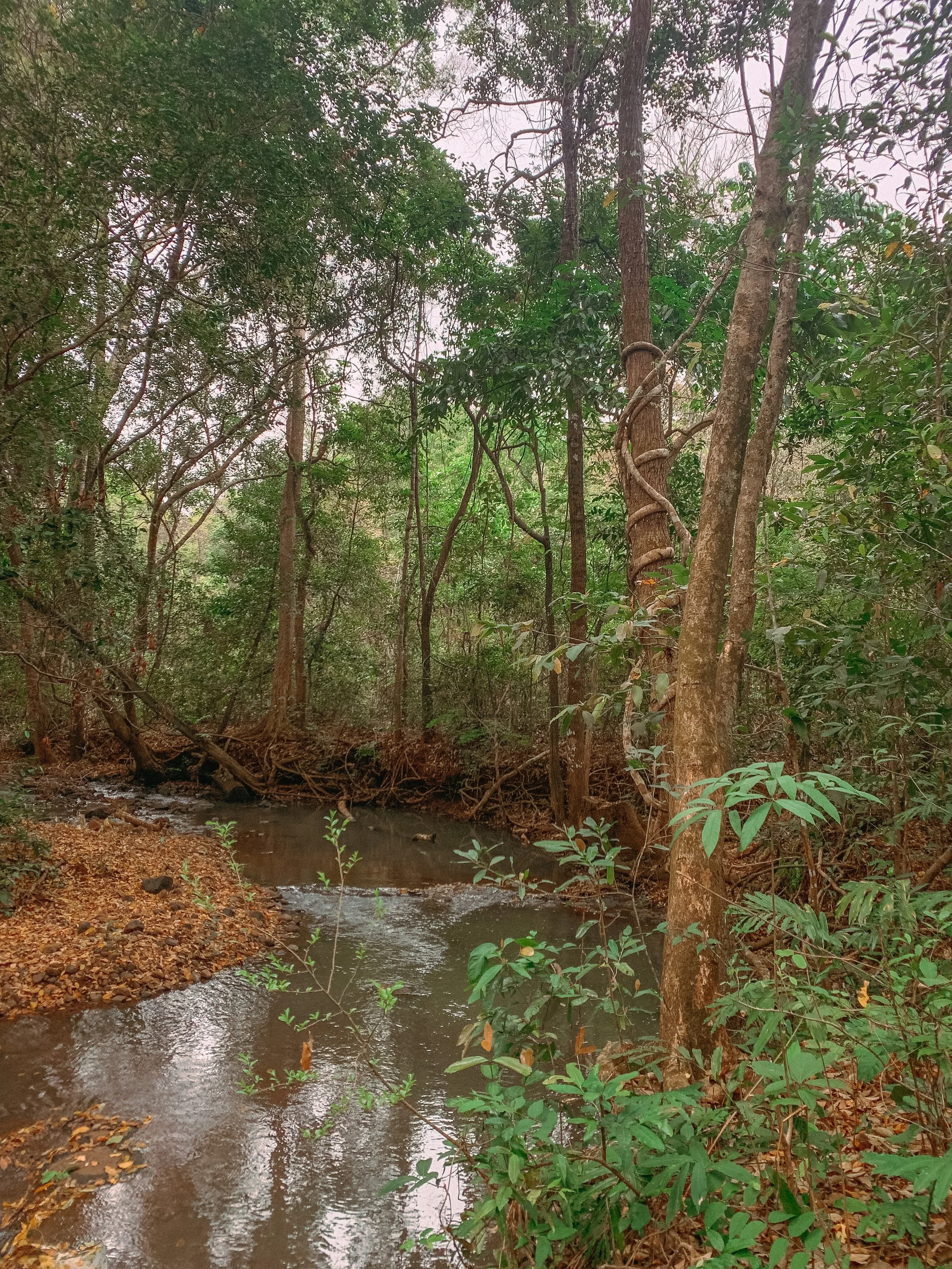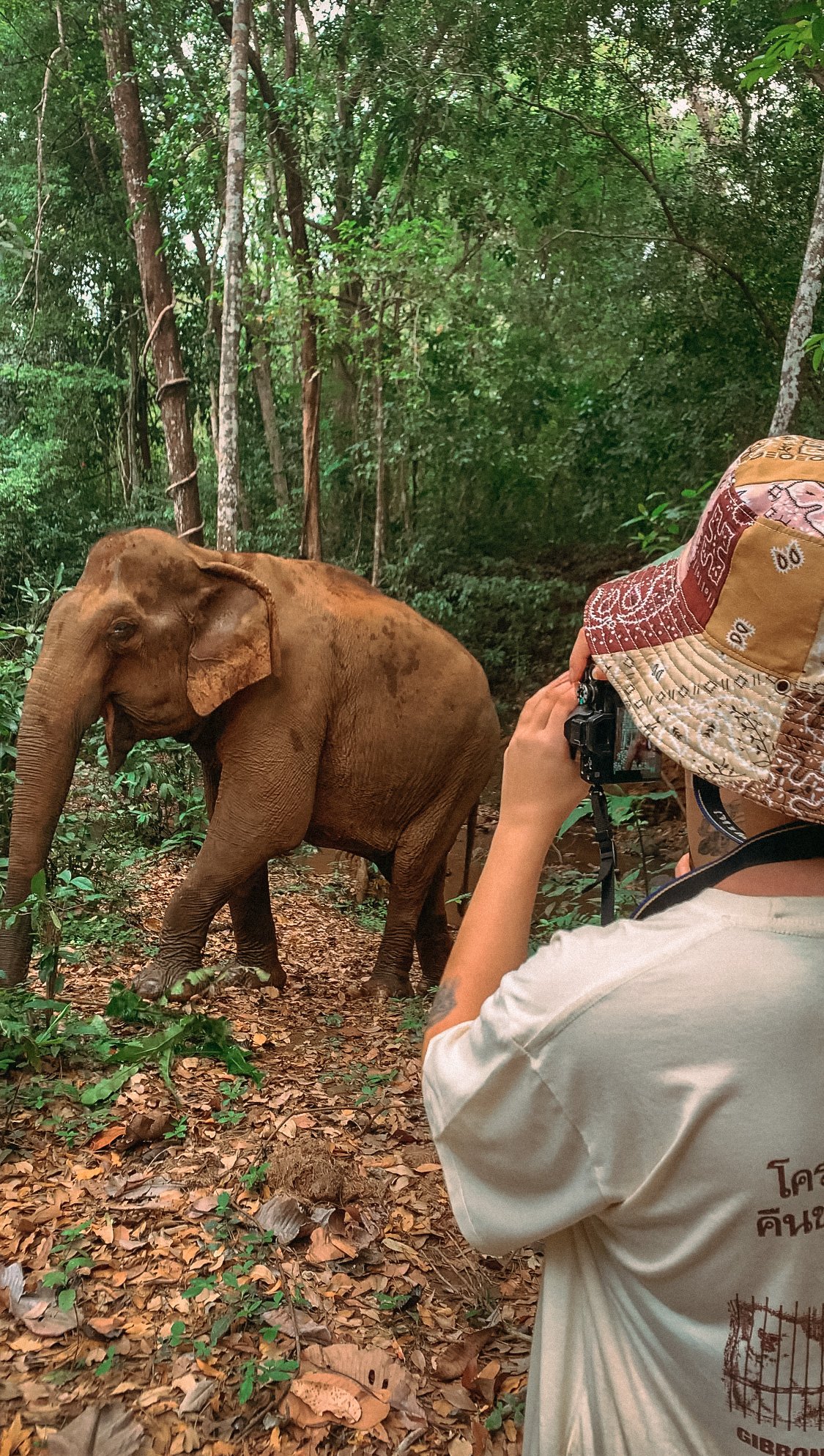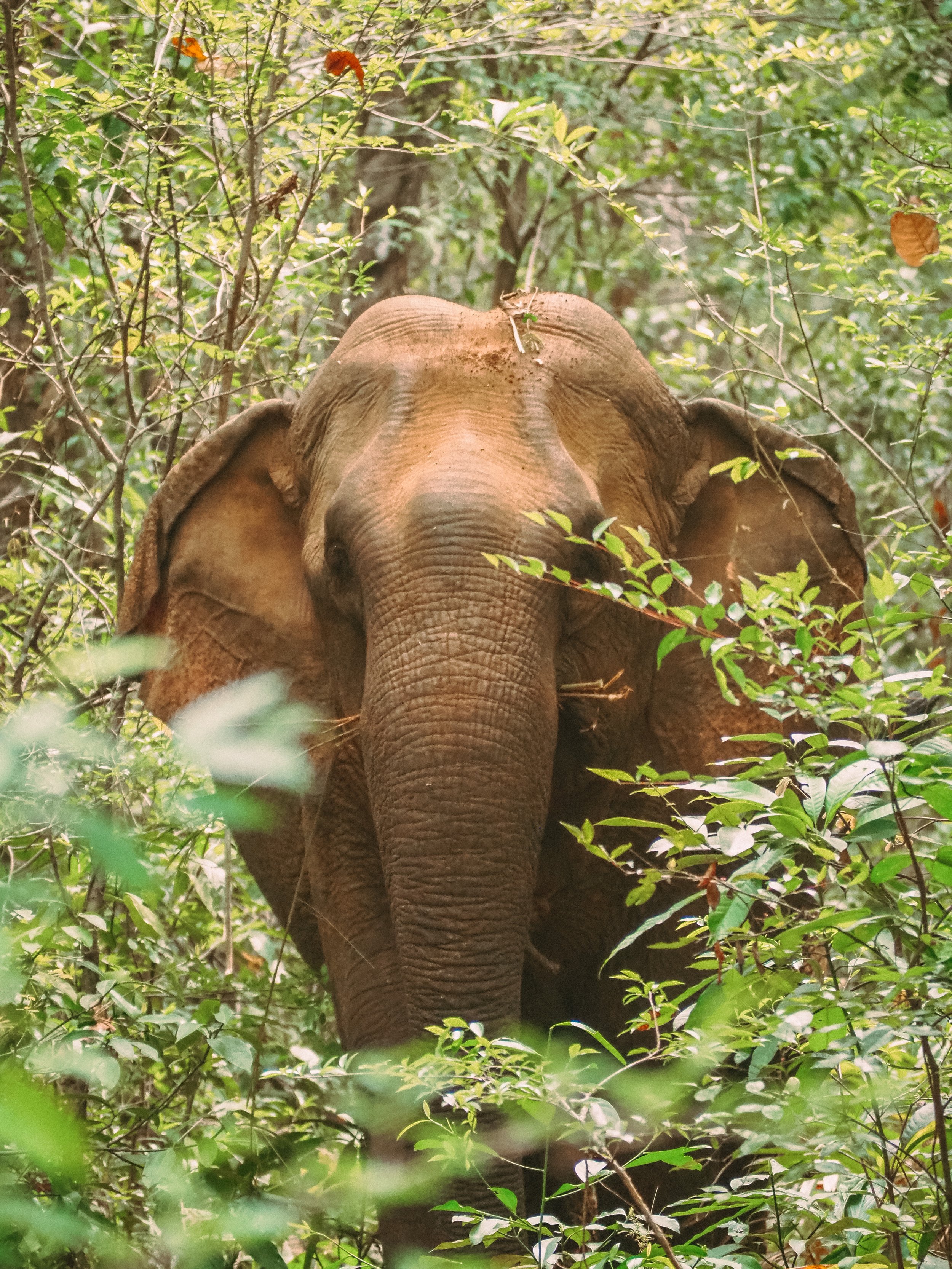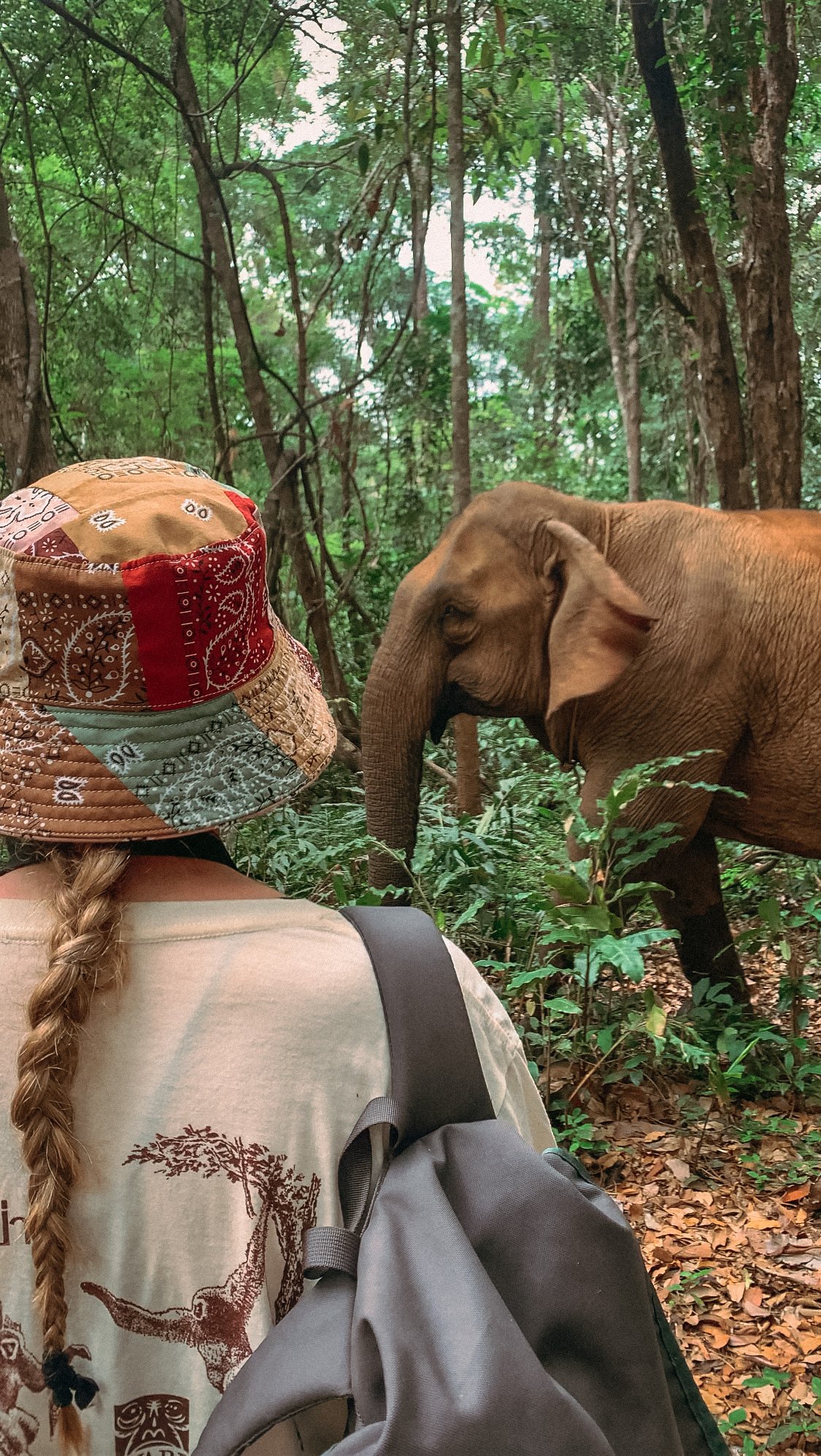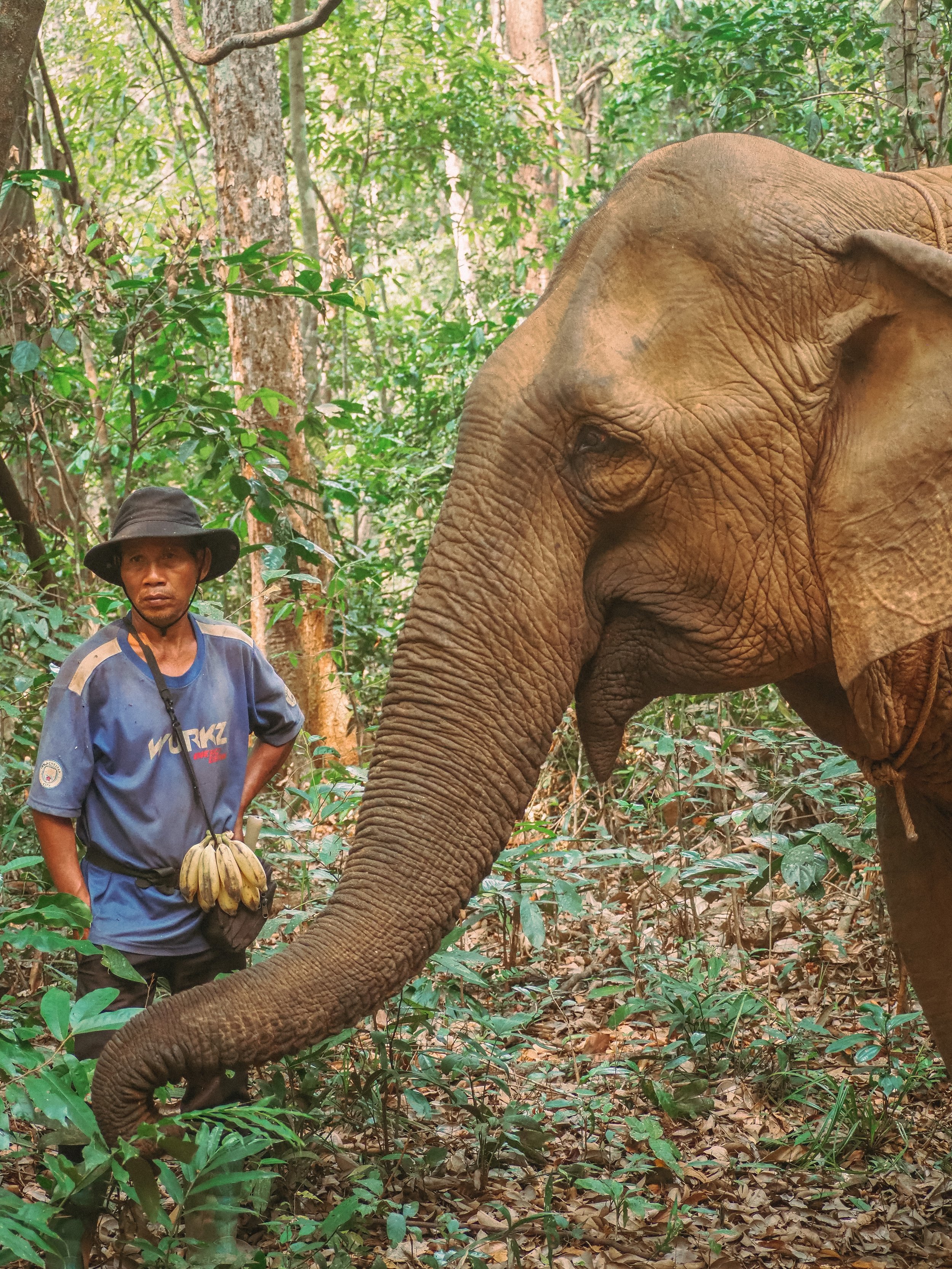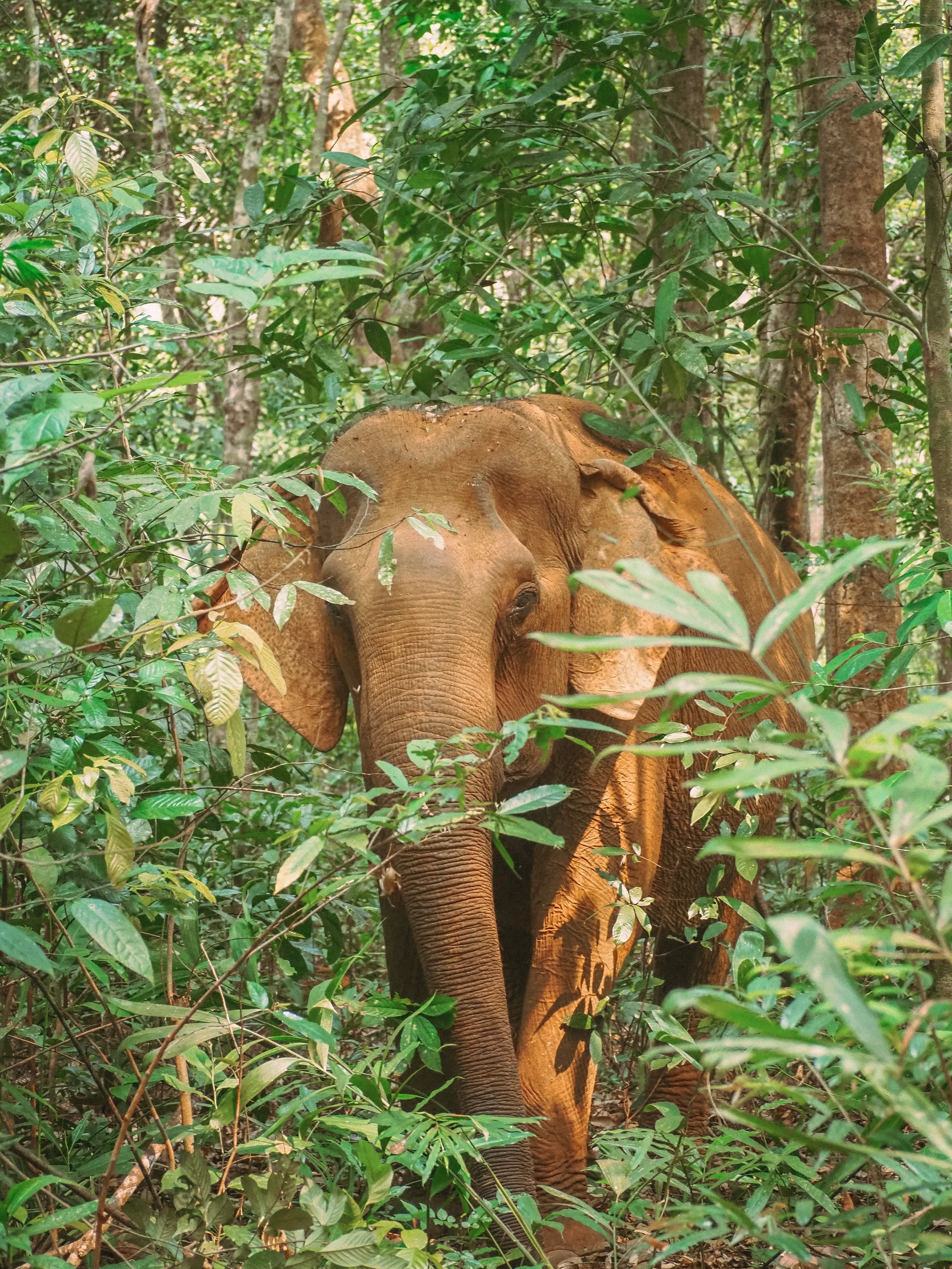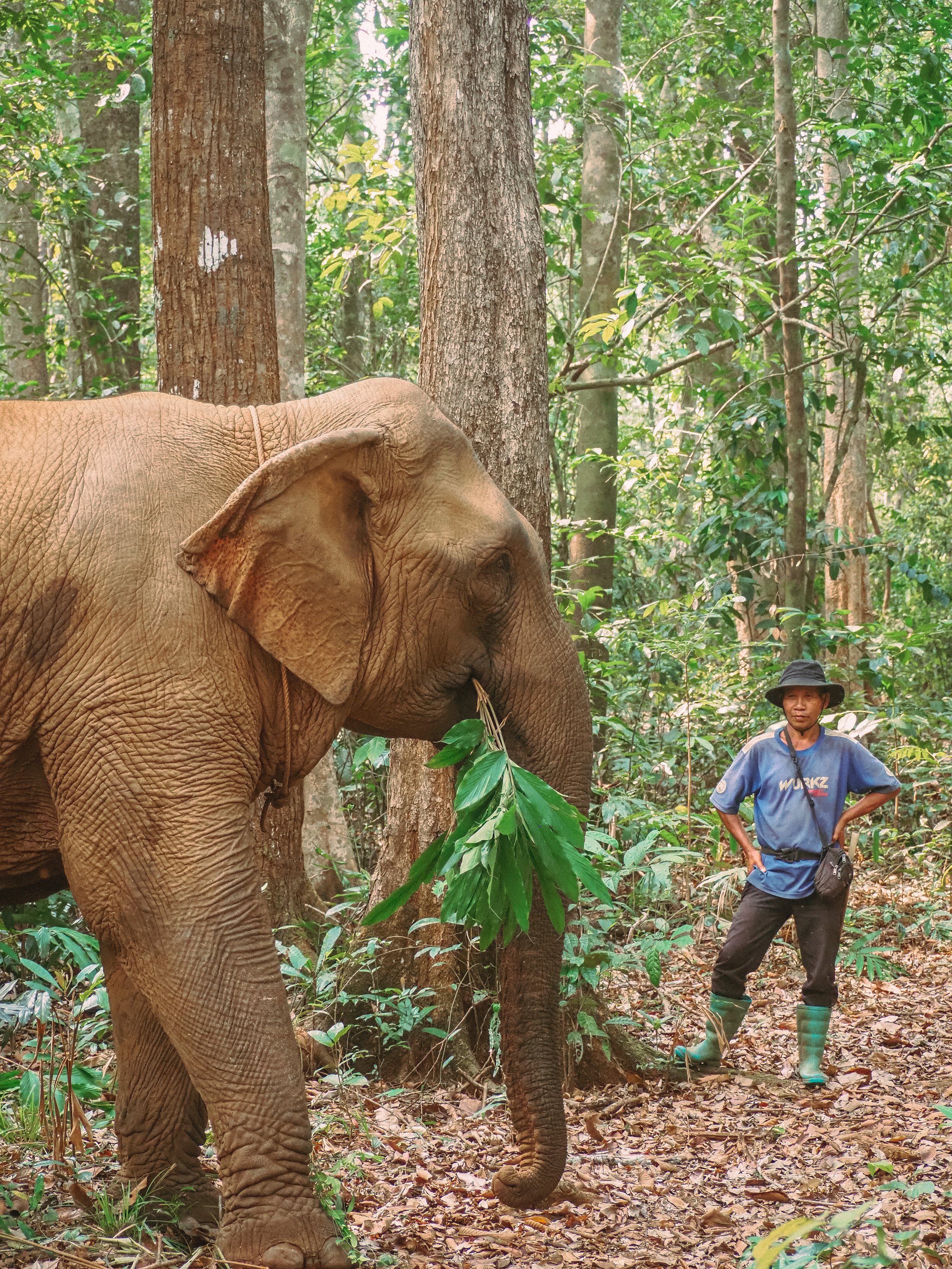
No rides. No tricks. Just elephants.
“Let Them Roam Free”
Quick facts:
Location: Mondulkiri, Cambodia
Facility type: Sanctuary
Opportunities: Visits, volunteer
Welcome to Elephant Valley Project (EVP)
EVP has spent the past 18 years creating a space where rescued elephants can heal and roam freely.
A visit to EVP can include:
🐘 Observing elephants in their natural forest environment (no touching or bathing)
🐘 Guided treks with expert local Bunong mahouts
🐘 Learning about elephant care, ethical tourism, and forest conservation
EVP’s model priorities elephant welfare, community support, and environmental protection - serving as an example for elephant conservation in Southeast Asia.
Visit the Elephant valley project website.
Asian Elephant Tourism Ethics
Elephants are a popular part of tourism across Southeast Asia, but many are kept in poor conditions and exploited - even by facilities that call themselves sanctuaries.
Activities such as riding, bathing, feeding, or posing for photos often require intensive training and control. These interactions might seem harmless, but they can have serious welfare consequences for the elephants involved.
When choosing where to visit, it’s important to look beyond the marketing. Ethical facilities do not allow hands-on contact with elephants. Instead, they prioritise the elephants’ well-being, offering space, autonomy, and expert care.
Supporting facilities that really prioritise the elephants is vital. It helps shift the industry away from exploitative practices and helps tourism play a role in protecting, rather than harming, elephants.
How to Support
EVP
Follow EVP on Instagram for updates on their work and projects.
-
EVP offer lots of different types of visits, including half-day, full-day, multi-day, group trips, courses, and retreats! Find out about all the options here.
-
EVP is also open to volunteers with a minimum commitment of 2 weeks. These generally involve elephant observations, learning about elephant health and welfare on routine checks, growing food, working on the reforestation project, construction, and learning more about the traditional role that elephants play with the local Indigenous culture. Find out more here.
There are also opportunities for internships and research placements as part of relevant degrees. You can find more info on this at the bottom of the page here.
-
If you’re looking for a career in conservation, EVP could be a great match! They advertise positions here.
-
